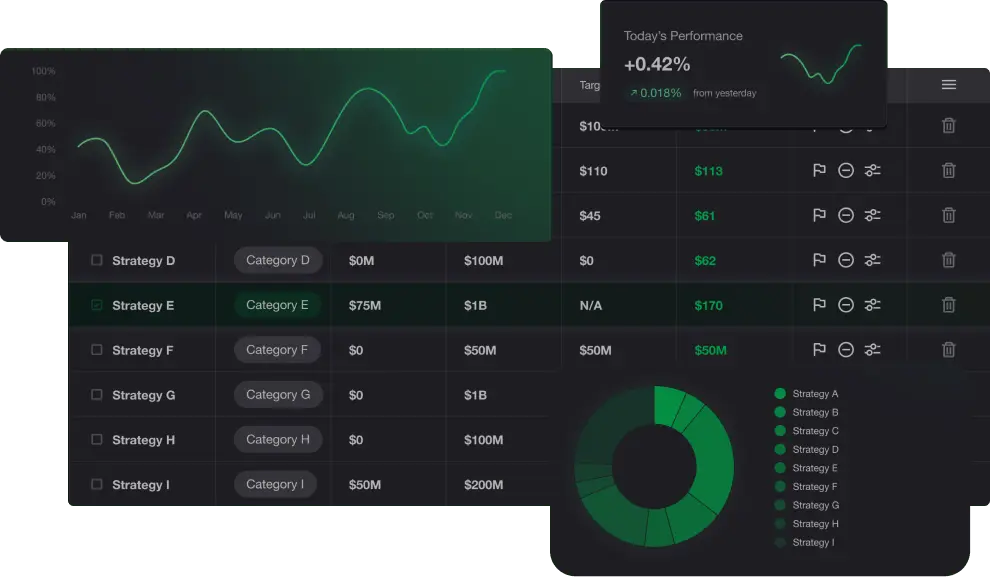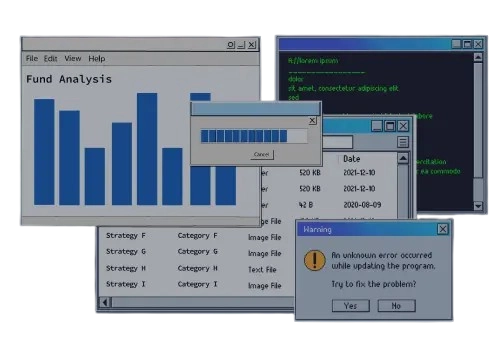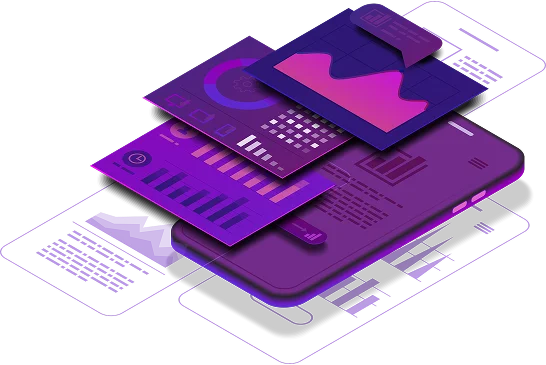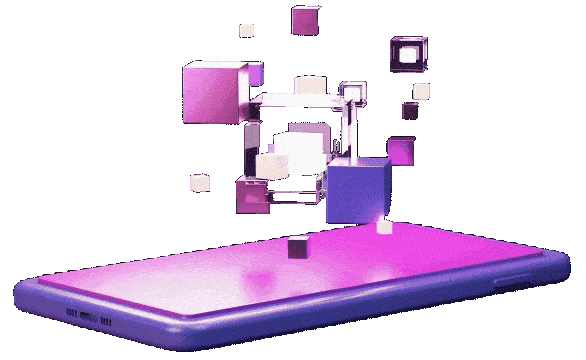Legacy Application Modernization Services
Legacy systems often become bottlenecks, hindering scalability, security, and innovation. Our legacy application modernization services are designed to transform outdated systems into agile solutions that align with your business goals. By leveraging modern technologies and methodologies, we help you streamline operations, reduce maintenance costs, and accelerate time-to-market.
BRIEF OVERVIEW
Ready to Modernize Your Legacy Systems? Fast-Track to Our Solutions
We transform outdated applications into agile, cloud-based solutions that drive growth, streamline operations, and elevate user experiences. From rehosting to rearchitecting, we handle every step of the modernization process.
Schedule a call to discuss how we can revitalize your systems, or keep reading to discover how we can future-proof your business.



Key capabilities
Our Legacy System Modernization Capabilities
Our comprehensive suite of services ensures a tailored modernization approach:

Value for the client
Why Legacy Software Modernization Is Essential for Your Needs?
Modernizing legacy applications offers numerous benefits:

Our clients
Streamline Your Success
Software strategy session
Whether it is an existing enterprise software system or a brand-new startup, we offer a no-charge strategy session, which can bring value to the table almost in real-time. We learn about your unique needs and share how to streamline your operations by using bespoke, cost-effective custom software solutions.
SERVICE-SPECIFIC FEATURES
Legacy Application Modernization Features to Consider
Our modernization solutions are characterized by:
Why Choose Syberry
Why Choose Syberry
We are a custom software development company with extensive experience in legacy application modernization, backed by deep expertise in both modern and older technologies. With over 200 successful projects across industries like real estate, healthcare, and finance, we deliver scalable, future-proof solutions that drive operational efficiency and business growth.
We follow a systematic modernization process, from assessment and rehosting to refactoring and re-architecting, using best practices and agile methodologies to ensure seamless transitions and high-quality results.
We are here to help you, so we tailor every modernization strategy to your unique business goals, involving stakeholders at every step to ensure the updated system improves user experience, meets compliance needs, and supports long-term objectives.
Our clear pricing options make it easier to plan modernization projects. Whether it's fixed-scope development or continuous product engineering, we help you plan with confidence and avoid surprises.
With hands-on experience in mainframes, on-premises systems, and cloud-native architectures, we’re equipped to modernize legacy applications into future-ready, scalable solutions with optimized performance and functionality.
Read more
Our process
Our Legacy App Modernization Process
Initial Assessment & Ideation
Discovery
Engineering & Testing
Deployment & Support
PHASE 1: Initial Assessment & Ideation
Defining the Vision & Scope
Business & Process Analysis
Identify goals, business requirements, challenges, inefficiencies, and define the initial vision and scope.
Technology & Architecture Vision
Define the tech stack, infrastructure, and integrations.
Estimate & Roadmap
Outline project scope, methodologies, deliverables, timeline, and development cost.
PHASE 1
PHASE 2
PHASE 3
PHASE 4
Industries we work in
BEST PRACTICES
Best Practices in Legacy App Modernization
Working on every modernization strategy, our engineering team utilized industry best practices to achieve the best results for our legacy app modernization projects.
Technologies we use
FAQs
FAQ's
Common questions about legacy application modernization
What is legacy application modernization?
It involves updating outdated software systems to align with current business needs and technology standards.
How long does the modernization process take?
Timelines vary based on project complexity and the modernization approach, but typically range from a few months to over a year. We will provide a clear road map for the modernization during the Project Discovery phase.
Will software modernization disrupt our current operations?
Our incremental approach ensures minimal disruption during the transition.
Is modernization cost-effective?
Yes, by reducing maintenance costs and improving efficiency, modernization usually offers long-term savings.
What Our Clients Say About Us
Reviewed on
5.0 rating
Reviewed on
4.8 rating
Succeed faster with Syberry
If you submit a request today, your MVP will be ready
as early as June 17, 2026
















